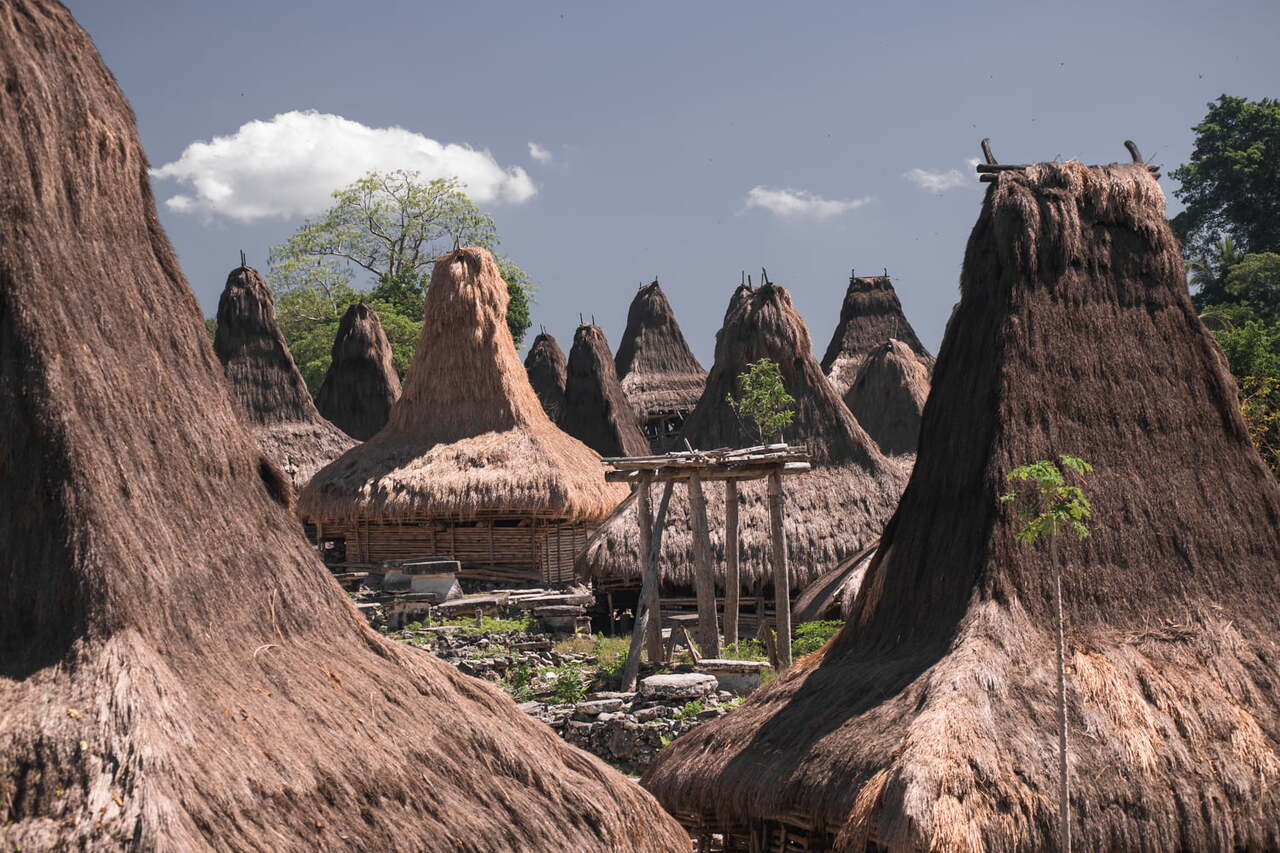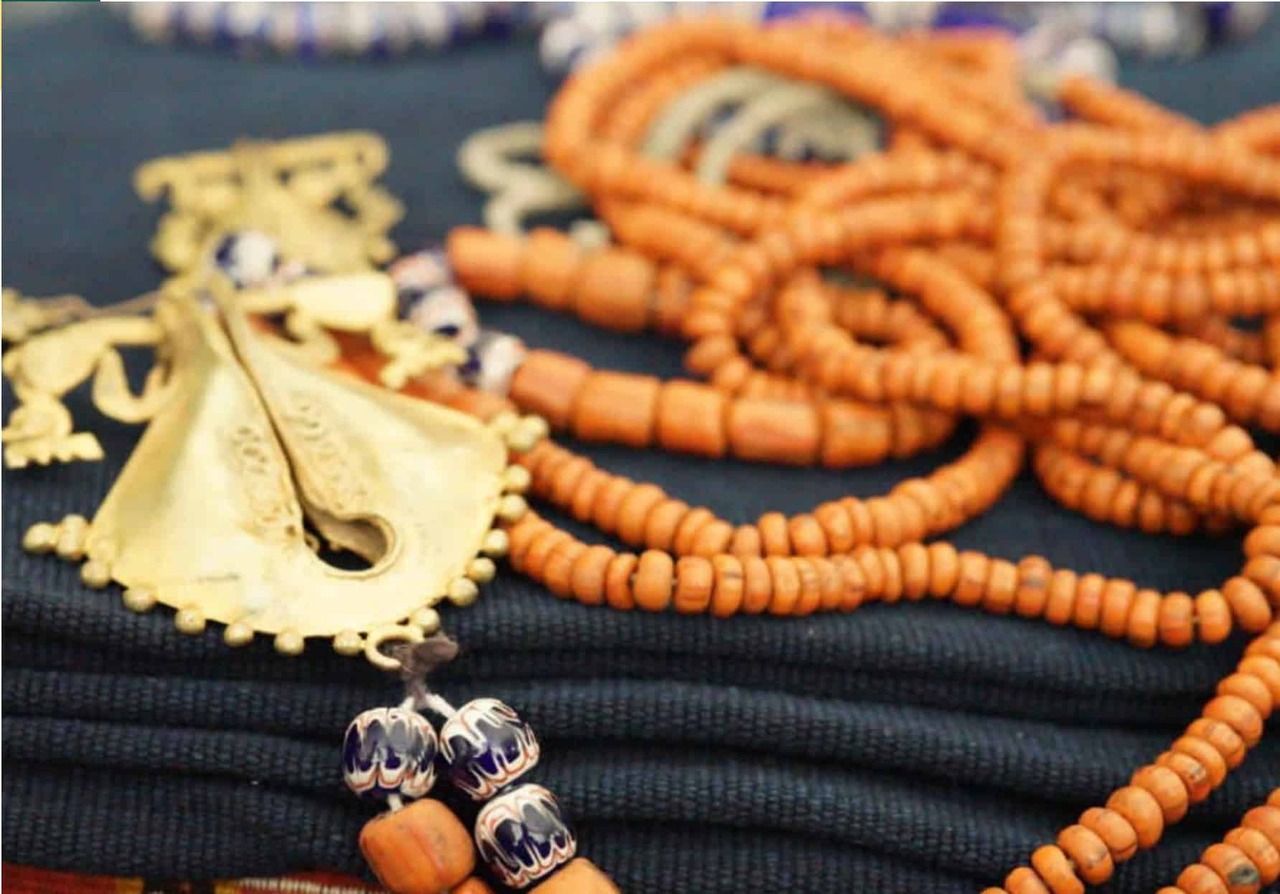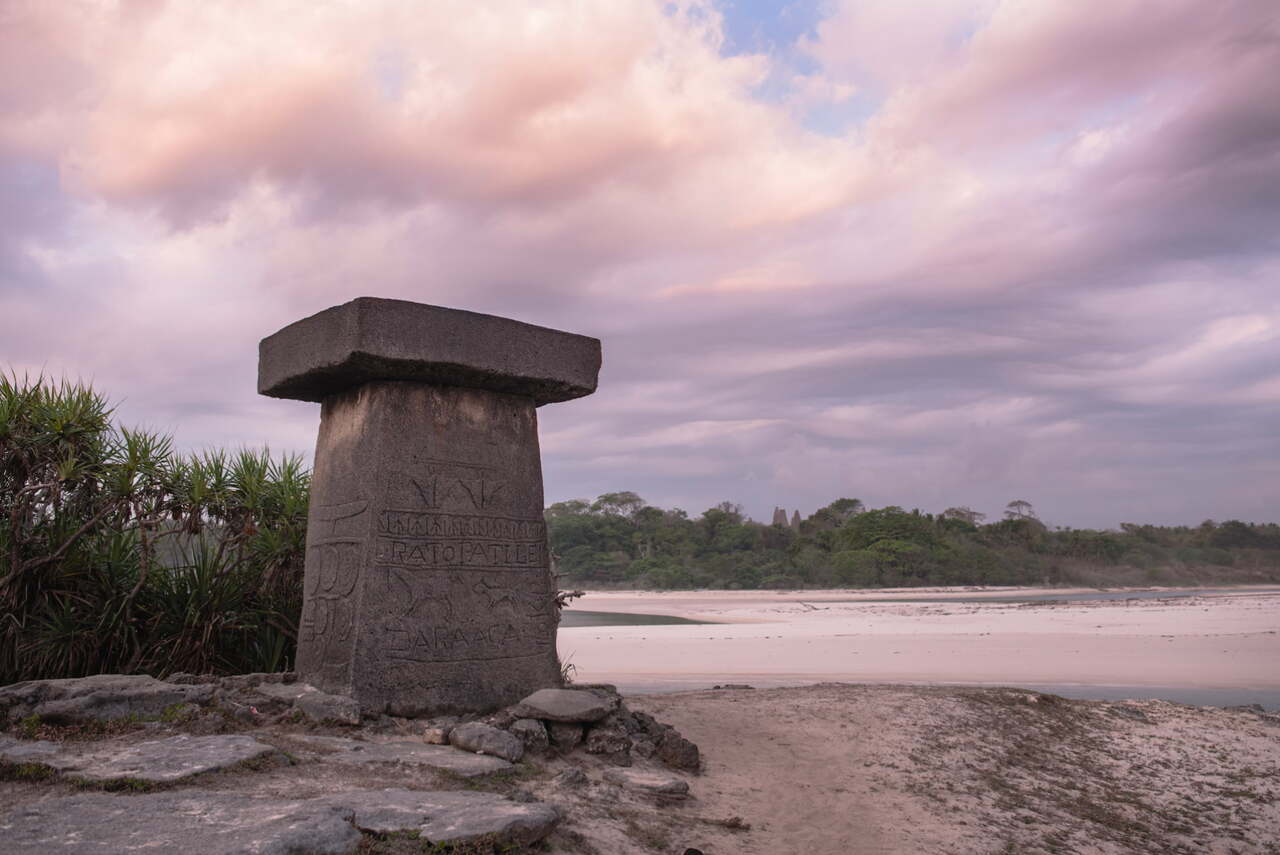Meet Ledenongo, Rato (shaman) in Sumba
June 25, 2021
Betelnut for the elders — check. Candy, pencils, and notebooks for the kids — check. We’re set for our trip to Manola, a remote village in Sumba Barat Daya, where we’re due to meet Ledenongo, the village shaman, or “Rato”, as they are called here.
We arrive in the evening just as the villagers are making their way home from the fields where their cattle graze. We’re offered coffee, which then takes almost an hour to make. It is first ground down with a stone mortar and wooden pestle, before being extensively slammed by an elderly lady in order to achieve the perfect powder.
Finally, we’re introduced to Ledenongo to hear his story.
Dedicated to the Marapu culture

“I inherited my role as Rato from my father, who passed his knowledge down to me. It is the duty of every shaman to pass on his knowledge to one of his sons. I chose to become a Rato because I wanted to tie my life closely to the Marapu culture; a culture which is at the centre of our lives. In Sumba, a Rato is someone that people believe in. Our actions define the well-being and prosperity of our village. And nothing here can be done without our approval. It is our responsibility to conduct rituals — both related to the harvest, and for funerals, weddings, and illnesses. We also predict the future by reading the entrails of chickens —calculating the best day for the planting or harvest, and predicting when the rainy season will start. If the Ratos of a village cannot agree, or if there are disagreements among villagers, disaster will strike. This could be, for example, a fire. (Recently there was a fire in the Manola village which destroyed three houses.)
The most important thing in the Marapu religion is to feed the spirits of the ancestors. If the spirits get hungry, a disaster will strike. If we break the rules of our ancestors, disaster will strike. This is why it is so important for us to follow the ancient rules.
Marapu will never disappear from Sumba. It is impossible. Even though the young people of Sumba now often leave their villages for larger towns to find jobs, they still raise their children in accordance with Marapu. And the modern world — phones and the internet — cannot affect Marapu, because our children are born and raised with Marapu flowing in their mothers’ milk. As for foreigners, we like them as we can share our knowledge with them, but they cannot shake the foundation of who we are. That foundation is Marapu.
A dream? I don’t have one. Material things are of no interest to me. The only thing that matters is to have enough force to keep feeding the spirits of the ancestors.”

